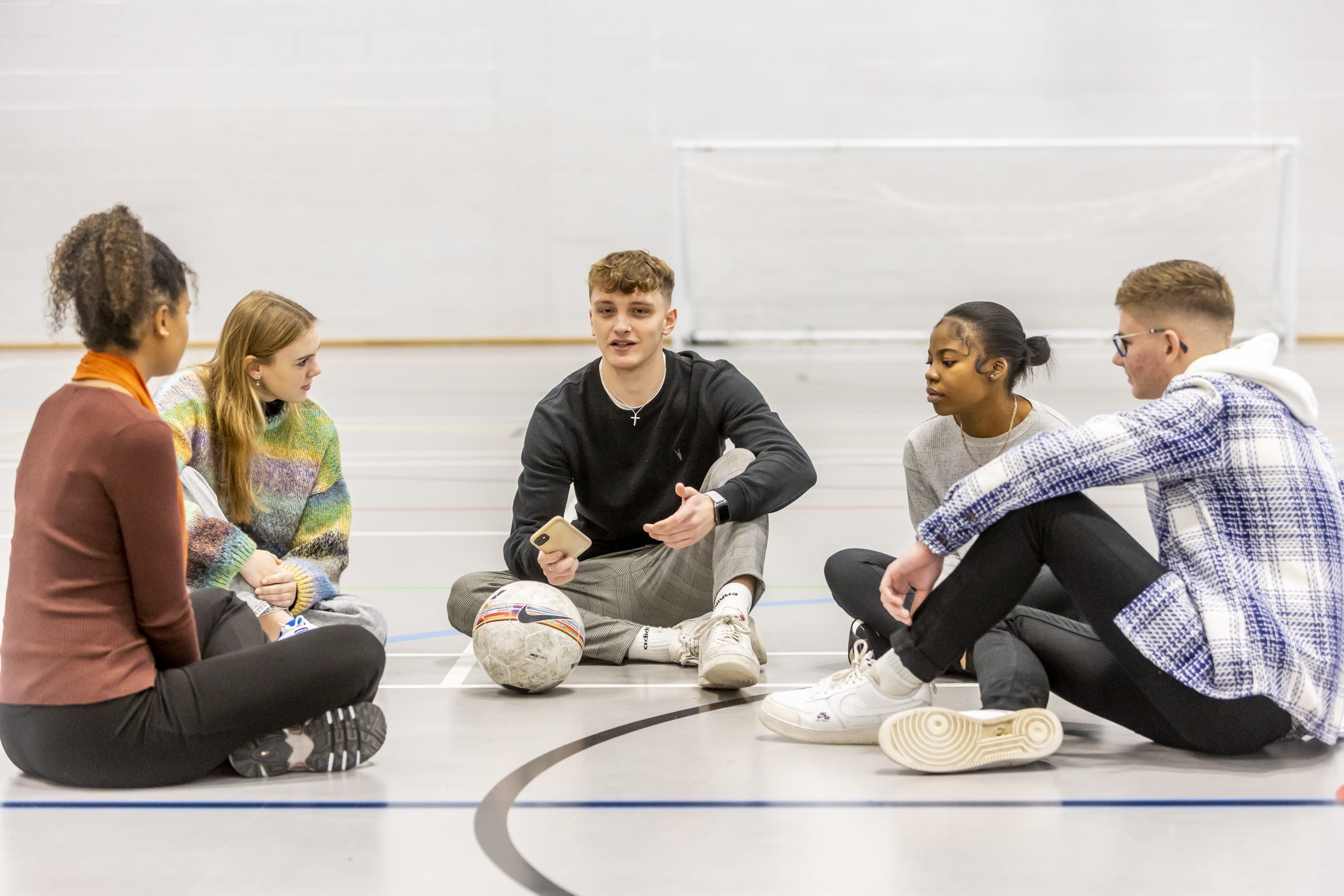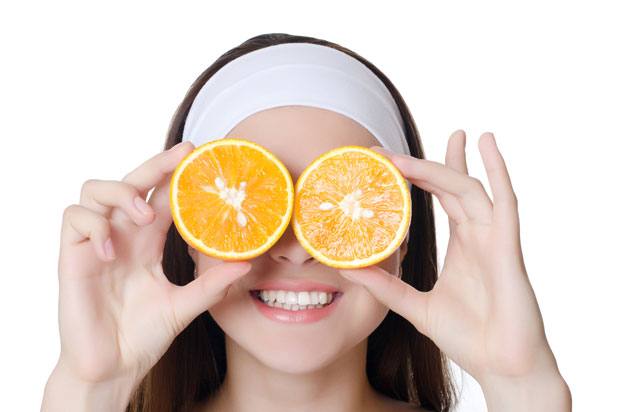Health myths and facts busted

Have I Got Athlete's Foot?
Colonic irrigations and red-only diets not working out for you? Welcome to the internet. There are a ton of health myths and ‘facts’ out there that are just plain wrong. The Mix tells you the truth, let’s get to the bottom of it all.
Health myth 1: You have to drink 8 glasses of water a day
False.
It’s important to stay hydrated, but you don’t need exactly eight glasses daily. How much water your body needs depends on how much it’s using – so you’ll need A LOT if you run a marathon, in an oven. An easy way to check your hydration levels is to look at your wee. If you’re pissing highlighter ink, have a drink. If it’s straw coloured, you’re all fine.
Clare Riches, an NHS dietician, says: “It’s fluid that’s important rather than just water, so different drinks like milk and tea count too.”
Health myth 2: Bad diet = bad spots
False.
There’s no scientific evidence to connect chocolate covered bacon grease with acne.
“For healthy skin, no foods need to be completely avoided,” says Clare. “Still, having a healthy, balanced diet with loads of fruit, veg, and less junk can help.” Read our article on what causes spots for more info. A bad diet can however cause plenty of other health problems, so check out our article on balanced diets if you need help.
Health myth 3: Fasting is the best way to lose weight
False.
You’ll lose weight initially, but only for a short time. When you fast, your body’s metabolism slows down so, when you stop, you gain back whatever weight you lost – and then some.
Clare says a better way of losing weight is to be more mindful of what you’re eating. “Eat slowly and concentrate on your food,” she says. “Also try waiting 15 minutes after finishing before deciding if you need more. You may find you’re not hungry after all.”
Health myth 4: Skipping breakfast is a good way to get slim
False.
“People who eat breakfast have more balanced diets than those who don’t. And are less likely to be overweight,” says Clare. “It also improves your overall health, your concentration levels and puts you in a better mood.”
No breckie also makes you hungrier so you’re more likely to snack on less healthy foods later in the morning.
Health myth 5: Eating late means gaining weight
False.
Your body is always burning calories, no matter the time of day. So it doesn’t matter when you eat, but rather how many calories you eat – so don’t worry about a late dinner or a midnight snack. It’s good to have a routine though. “Try to have meals at planned times during the day and only include snacks if you’re hungry,” says Clare. Eating late might also mean your quality of sleep suffers, though, so if you’re struggling to get your head down it might be worth eating earlier in the evening.
Health myth 6: Eggs are bad for you
False.
Yes – eggs have cholesterol – but it’s good cholesterol that isn’t harmful. Studies show that you can eat a couple a day without any problems. You can always have ‘too much of a good thing’, but ‘too much’ varies from person to person depending on their habits and body.
“Eggs are naturally low in saturated fat as well as being high in many other essential nutrients,” says Clare.
Health myth 7: Dairy is the best source of calcium
Kinda true.
Dairy products-like milk, yoghurt, and cheese-are the kings of calcium but you can get it from loads of other foods as well. Calcium is in bread flour, green leafy vegetables like broccoli, soy products, and fish with bones like sardines, tinned salmon and whitebait. Although none of these are as convenient as drinking a glass of milk.
“The important thing to remember is that low fat dairy products provide the same amount of calcium as full fat products, so they can be a healthier choice,” says Clare.
Health myth 8: Fat-free foods are great for dieting
False.
While food labelled ‘fat-free’ or ‘low-fat’ is legally required to be just that, it isn’t ‘calorie-free’. And weight gain happens when you eat more calories than you burn. “Low fat or lower fat foods can often have other ingredients added to boost the flavour such as sugar, adding calories or salt,” says Clare. Always check the total calories on the nutrition info to be sure.
Health myth 9: A gluten-free diet will make you healthier and fitter
False.
Gluten-free has become a bit of a fad recently, but it’s really meant for those with Coeliac disease, where gluten causes stomach damage. “Going on this diet when you do not have a medical indication to, may mean you are cutting out foods unnecessarily and potentially missing out on essential nutrients,” says Clare.
So, unless you’ve had specific medical advice or been diagnosed with Coeliac disease, stop spending more money than you have to on fancy gluten-free products and go eat some brown pasta. Mmmm.
Health myth 10: You don’t need to exercise if you’re naturally skinny
False.
“Being skinny does not automatically mean you are healthy or will stay skinny,” says Clare. Sure, on the outside you may look like the epitome of health, but without exercise, your insides could be in a right state. Your heart needs to be worked, so read our guide to getting fit.
Besides, exercise has more pluses than shifting weight. It can give you more energy, lower stress, and fight off sickness-from flu to heart disease. So get out there and get healthy!
Bonus health myth: Cracking your knuckles is bad for you
For years we were told that cracking your knuckles would destroy your joints or give you premature arthritis. Turns out it was all nonsense, cracking your knuckles doesn’t cause you any harm. The worst that can happen is you annoy or gross out the person sitting next to you. So crack away!
Photo of girl and carrot by volunteer photographer Malwina Tomaszewska
What are your favourite health myths and facts? Let us know on our discussion boards.
Next Steps
- Chat about this subject on our Discussion Boards.
By Kenny Ong
Updated on 19-Oct-2022
No featured article










